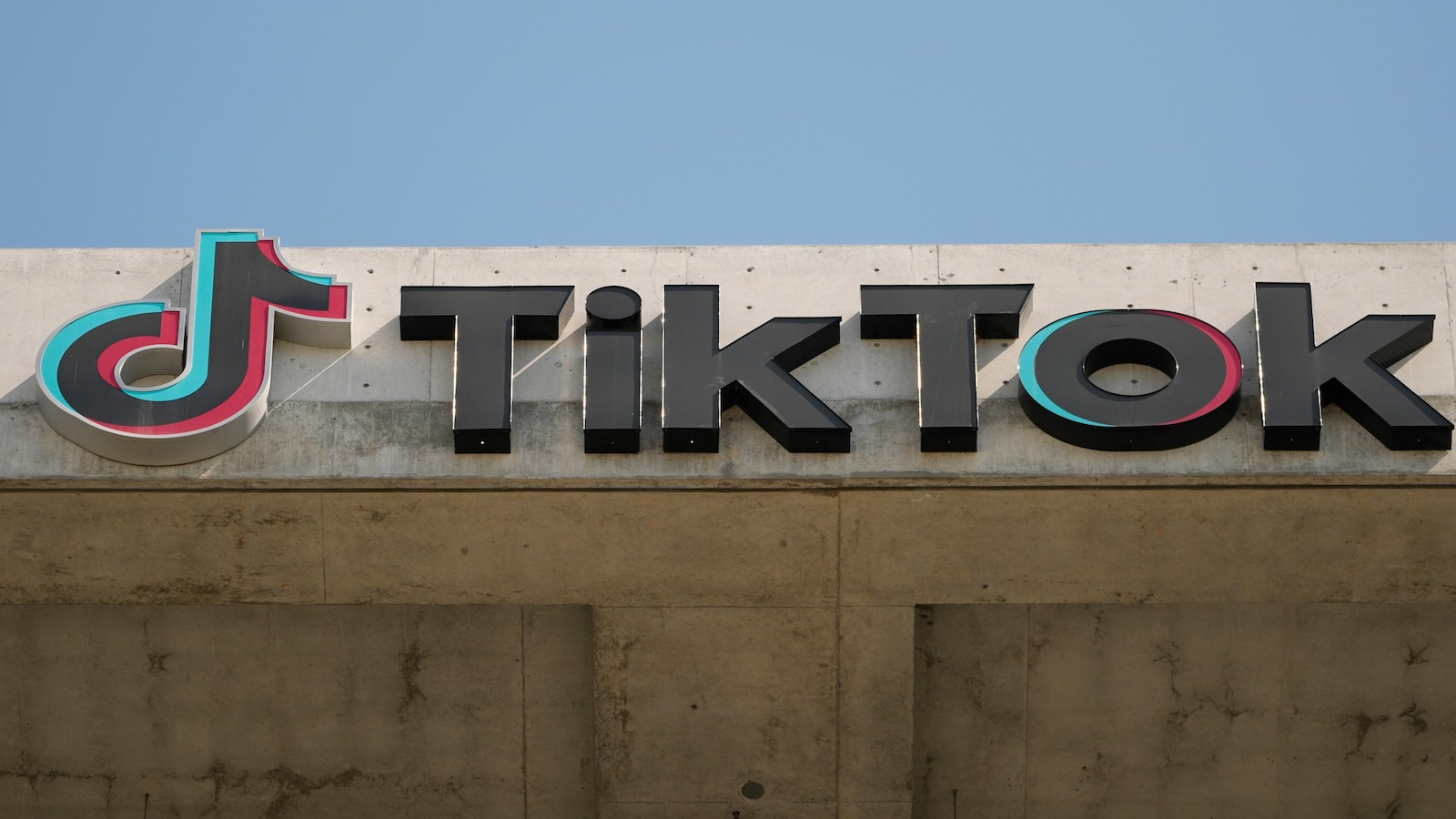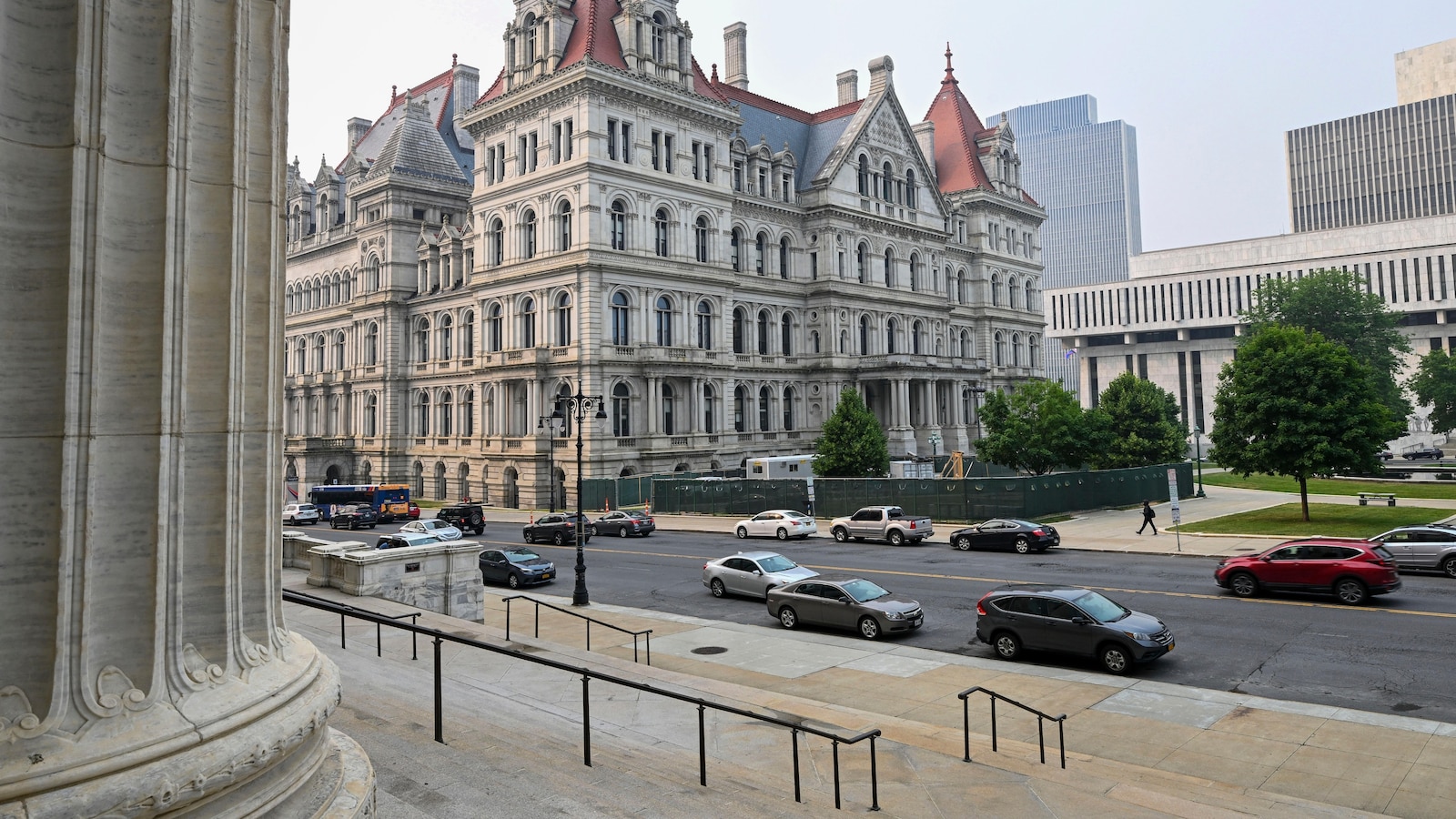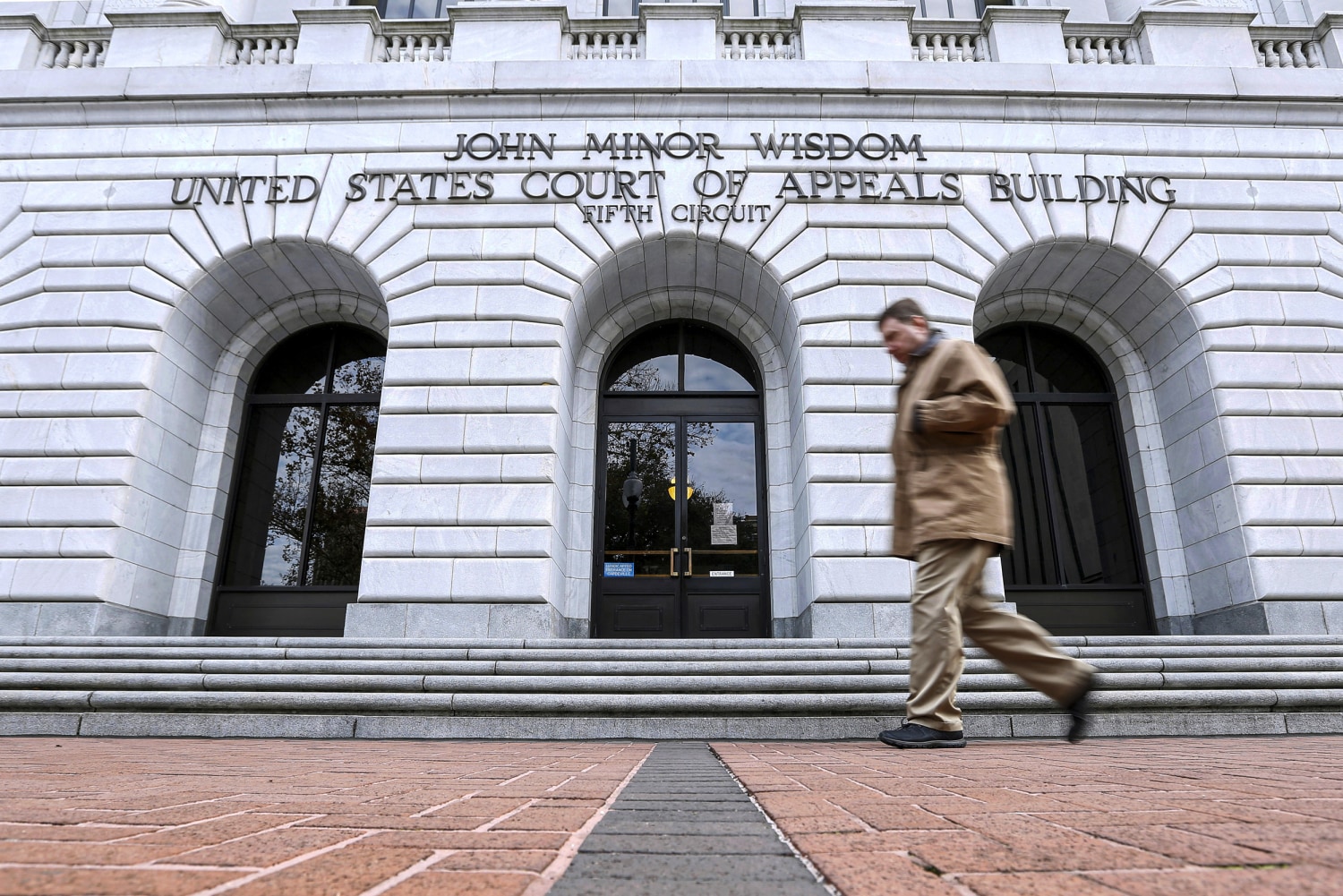TikTok Defends First Amendment Rights in Legal Battle Against Sale or Ban
Introduction
TikTok, the popular social media platform, has vehemently opposed the U.S. government’s claims that it is not protected by the First Amendment. The company has argued that its U.S. operations enjoy the same constitutional protections as other American media outlets owned by foreign entities.
TikTok’s First Amendment Argument
TikTok’s attorneys maintain that the First Amendment safeguards its platform from government censorship or forced sale. They compare TikTok to well-established American news outlets such as Politico, Business Insider, and Fortune, which are owned by foreign entities but still operate under the protection of the First Amendment.
According to TikTok’s attorneys, there is no legal precedent for the government’s position that foreign ownership voids First Amendment rights. They argue that the platform’s content and operations are not controlled by the Chinese government, contrary to the government’s claims.
Government’s National Security Concerns
The Biden administration has expressed national security concerns about TikTok’s ownership structure, citing potential data sharing with the Chinese government. TikTok has repeatedly denied these allegations, claiming that user data is stored in the United States and is not subject to Chinese laws.
Federal officials have argued that TikTok’s size and scope make it difficult to enforce compliance with measures aimed at mitigating national security risks. However, TikTok’s attorneys contend that the government has never clearly defined its concerns or provided a meaningful opportunity for the company to address them.
Failed Negotiations and Proposed Agreement
TikTok and the government engaged in negotiations but reached an impasse. TikTok proposed a 90-page agreement, known as Project Texas, which detailed measures to address the government’s concerns while maintaining ties with ByteDance. However, the Justice Department deemed the proposal insufficient, citing limitations in data transfer controls and enforcement mechanisms.
TikTok argues that the government failed to raise some of its current objections during the negotiations. The company also maintains that Project Texas would have been effective in safeguarding national security while preserving its First Amendment rights.
Upcoming Court Proceedings
Oral arguments in the case are scheduled for September 16th. TikTok is seeking a declaration that it is protected by the First Amendment and an injunction against the forced sale or ban of its platform. The court will also consider the government’s request to submit classified evidence under seal.
Conclusion
The ongoing legal battle between TikTok and the U.S. government has significant implications for the protection of First Amendment rights in the digital age. The outcome of the case will determine whether foreign-owned media platforms can operate freely in the United States and whether the government can restrict speech based on national security concerns.



